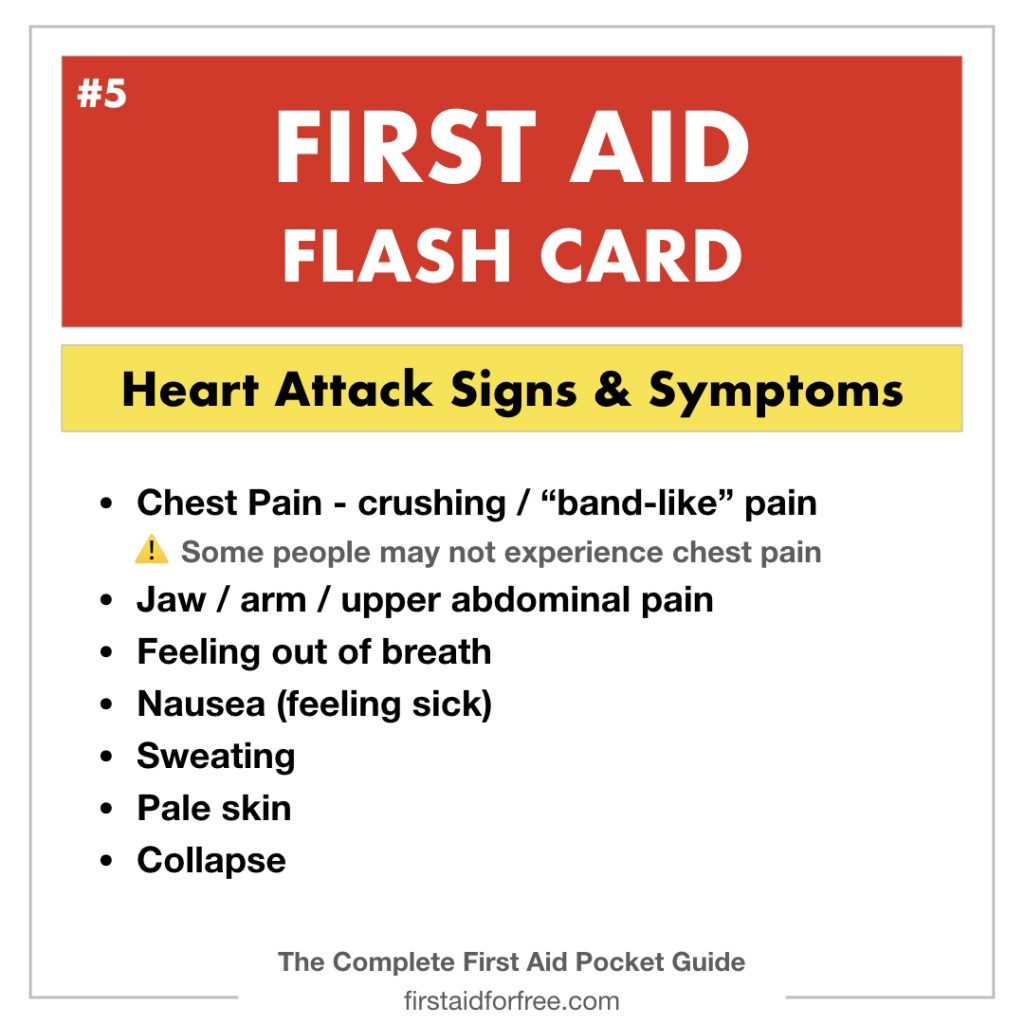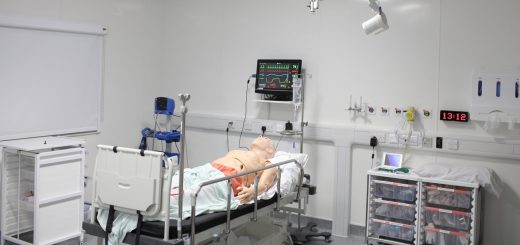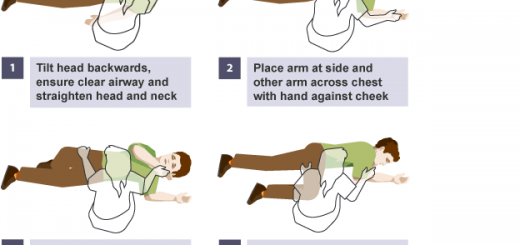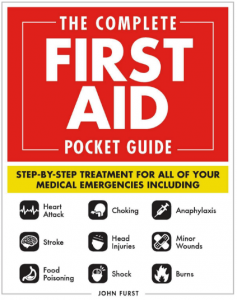What are the Common Symptoms of a Heart Attack?
Myocardial infractions or heart attacks as they are generally referred to as, are extremely common in the United States. Every 40 seconds, one heart attack happens in the United States. Heart attacks can even prove to be fatal if not treated at the right time.
A heart attack occurs when the heart muscle begins to get weak and eventually may die due to the supply of blood being cut off from it. This blood supply is important for the nourishment of the heart and is the only way that oxygen reaches it.
Our heart is the most important organ of the body and therefore, it is extremely important for us to take care of it in the best way possible. A healthy heart leads to a happy and healthy life.
Causes of a Heart Attack
There are various conditions that can act as a cause for a heart attack. A few of the most common ones include the build up of plaque in the arteries. This eventually blocks the artery and does not allow blood to reach to the heart. Heart attacks may also be caused by blood clots or blood vessels which may be torn. Apart from that, a blood vessel spasm may also lead to a heart attack.
Symptoms of a Heart Attack
The following are symptoms of a heart attack:
- Immense chest pain and discomfort – you may feel that your chest is extremely tight or there may be excruciating pain and pressure in the center of your chest
- You may start feeling pain in other parts of your body too – the pain may start moving from your chest to your arms, jaw, back, neck and even upper abdomen.
- You may feel an extreme sense of anxiety, as if you are having a panic attack
- You may feel that the temperature is suddenly very hot, and you might start sweating a lot.
- You may face trouble breathing
- You may start coughing loudly
- You may begin to feel sick – you could feel nauseous and might even start vomiting. You may also begin to feel lightheaded and dizzy.
If you ever suspect that you are facing any of the symptoms listed above, immediately call 911 and request for an ambulance! DO NOT re-think this, its okay if you are completely fine and the paramedics would be happy to help you out and revert your doubts rather than being too late to help someone out.

What to Do While You Wait for The Ambulance
Once you have diagnosed that you are undergoing a heart attack and have already called medical assistance, take rest and do not put unnecessary pressure onto your heart.
Take a 300 mg Aspirin if you are not allergic to it. Start chewing on it and then swallow it slowly. This will help in thinning your blood and increasing the blood flow to your heart while you wait for an ambulance.
As technology and health has advanced and improved over the years, so has the treatment for heart attacks. If you feel that you are suffering from a heart attack, you must call 911 or emergency medical help immediately and without any delay.





